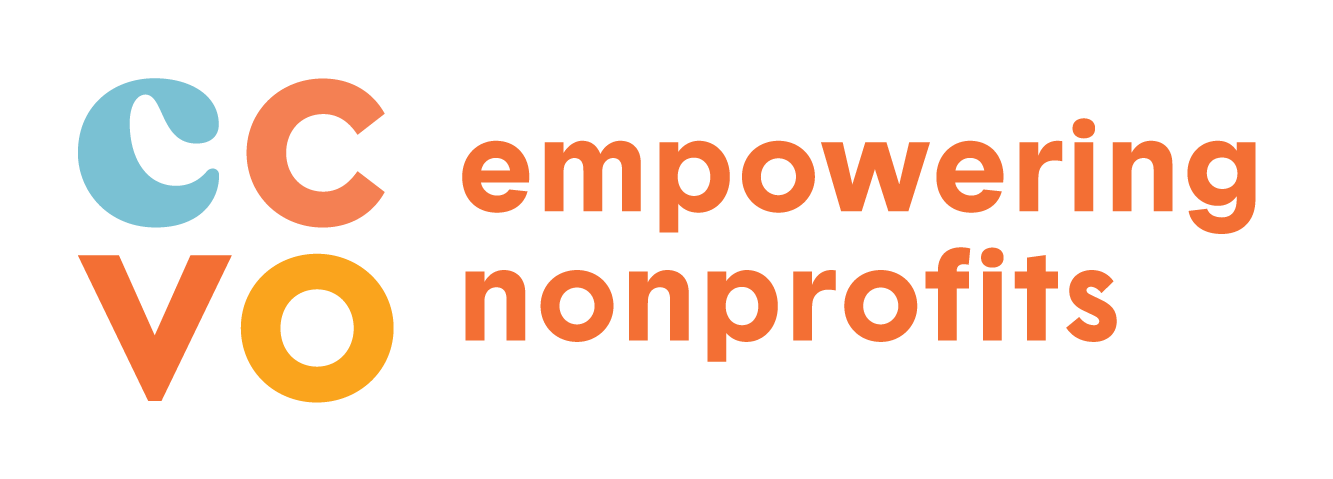The Special Senate Committee on the Charitable Sector Releases Report
The Special Senate Committee on the Charitable Sector has released a report outlining recommendations to the federal government to support the charitable and nonprofit sector in maximising their impact in Canada.
The 42 recommendations are the result of extensive consultations[i] with charity and nonprofit groups that started back in January 2018. CCVO sent a submission to the committee last year with 3 recommendations that were all addressed in the final report.
Specific government bodies and Ministers are called upon, along with the newly formed Federal Advisory Committee on the Charitable Sector to act on the recommendations. While some of the recommendations can be applied immediately, others will require more thought and study.
We have identified 10 recommendations that align with CCVO’s policy priority areas:
Recommendation 5. Support the development of pensions for the charitable and nonprofit sectors that are portable across provincial and territorial jurisdictions.
Recommendation 8. Include questions on both the T3010 (for registered charities) and the T1044 (for federally incorporated not-for-profit corporations) on diversity representation on boards of directors based on existing Employment Equity guidelines.
Recommendation 12. Ensure that grants and contribution agreements cover a minimum of two years, renewable as appropriate; and that the level of information required for both application and reporting on these agreements be commensurate with the level of funding, minimizing complexity for smaller amounts.
Recommendation 15. The Government of Canada’s procurement strategy be further modified to remove barriers to the participation of charitable and nonprofit organizations, with a particular focus on suppliers with smaller staff complements.
Recommendation 16. Prioritize data about the charitable and non-profit sector in all Statistics Canada economic surveys, including the Satellite Account of Nonprofit Institutions and the General Social Survey on Giving, Volunteering and Participating; and that the Government of Canada support collaboration between Statistics Canada and the charitable and nonprofit sector to determine what additional data could be collected and disseminated in a timely and consistent manner to support the evidence base for decisions by organizations in the sector.
Recommendation 17. Consider what additional information could be included in the Agency’s T3010 form that would support the work of the sector.
Recommendation 18. Establish a funding stream for projects to incent organizations to develop shared technologies to manage their administrative requirements.
Recommendation 22. Create a secretariat on the charitable and nonprofit sector.
Recommendation 28. Develop and implement a pilot project to assess the viability of granting registered charities greater latitude in undertaking revenue-generating activities (provided the proceeds are used to further charitable purposes) through the implementation of a “destination of funds” test.
Recommendation 29. Update policy statement CPS-019 (What is a related business) to provide greater clarity on permissible revenue generation activities for registered charities, particularly with regard to revenue generating opportunities arising from new technologies.
Almost a third of the recommendations involve action from the Advisory Committee on the Charitable Sector. The Advisory has been asked to include a wide range of organizations on its working groups, including smaller organizations, organizations in rural and remote communities, organizations representing and serving newcomers to Canada and organizations supporting and serving Indigenous communities. The participation of Alberta nonprofits is important in providing perspective to these groups and we encourage your organization to consider how to get involved.
CCVO will be following closely and reporting back on any developments.
To view more details and all 42 recommendations, please click here.
[i] During its study, the committee held 24 public hearings and heard from 160 witnesses. It also held an e-consultation that provided insight into the charitable and nonprofit sector’s makeup, work and conditions.
